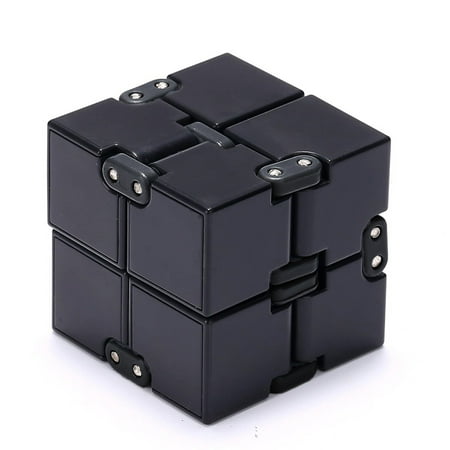The first thing I want to mention is that the National Autistic Society is asking people to sign an open letter to all of the UK party leaders ahead of next month's general election. The letter brings to attention the fact that the updates to the government's autism strategy have been delayed because of this election, and it asks that the publishing of it takes a priority as soon as the next government is established. The existing autism strategy (entitled Think Autism ad published in 2014) is in place to support autistic adults by putting a duty on the government to produce guidance for local authorities to help them support autistics in a variety of ways including giving autism training for key staff and developing a clear pathway for autism assessment and diagnosis. The main update to the new strategy is that it will be extended to include children as well as adults. Please click here to read and sign the letter to the UK party leaders. At the time of posting this blog, they need just 600 more signatures to reach they target 5,000.
Second order of business is just a reminder to ask me any and all questions you've got over the next 3 weeks on Twitter using the hashtag #AutQA. I'll answer your questions in the 6th December Q&A post as that's the week of my first anniversary of being diagnosed.
I'm planning on taking a day to go out into York city centre for some market research to survey my fellow locals on their views, opinions and understanding of autism. I've always been curious to find out exactly what the people of York think and the logical/analytical side in me is keen to crunch some numbers and produce a report of my findings. With Christmas coming up it may be the perfect time to get out and find people to talk to so I'm going to aim for a day over the next couple of weeks or so and I'll keep you all posted.
Speaking of Christmas, I spent some time last night designing an autistic Christmas jumper that I'm looking to get printed for myself. Once I've got it I'll model it and post a photo online. The main reason I've designed it is for me to wear it myself, but I'll see what people think of it and if there's any interest in other people buying ones for themselves I might make a few more to sell. Who knows, maybe I'll end up following in the footsteps of some of my favorite autism advocates and creating my own autism clothing range!
The last thing to mention is that I'm looking at expanding the blog's online presence. I haven't really used Facebook for a long time now, but I'm thinking of creating a Depiction Of Dave Facebook page soon when I have the time to sit down and set it up properly. I'm also planning on re-branding my existing Instagram account to be a blog-only one. I've been using it as a personal account since I first installed the app in 2013 but I don't really post that much on it, so if I use it specifically alongside the blog I'll be able to increase my engagements and carve out another way to interact with you guys. Pinterest is another social media thing I'm keen to look at. If I'm honest I don't understand Pinterest but I know people and places that I can learn from as it's apparently a really good tool for bloggers to use.
I think that's everything I wanted to mention this week - just a quick one to keep you in the loop. As always, please follow the blog with the "Subscribe" button at the top of the page because it helps me out loads. Also feel free to follow me on Twitter @DepictDave. I'll keep you updated on any more social media pages as and when they happen, so there'll be loads of ways to follow me.










